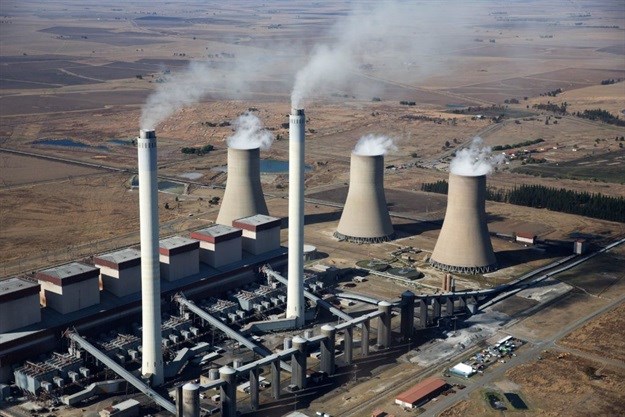
Top stories






More news


Marketing & Media
Ads are coming to AI. Does that really have to be such a bad thing?














“Notwithstanding three successive applications for postponement of compliance being largely granted, Eskom has made very little, if any, progress in ensuring it will be able to meet the MES timeously. Given Eskom’s track record, and its current dismal financial state, there is no reason to believe that it will prioritise legal compliance,” says CER’s pollution and climate change programme head Robyn Hugo.
“Eskom had ample opportunity to take the necessary steps to plan and budget for legal compliance – at least from 31 March 2010 when the MES were first set. Moreover, as an organ of state with Constitutional obligations, Eskom was legally compelled to limit its pollution well before the MES were published,” explains Tim Lloyd, attorney at the CER. “Its disdain for the law is demonstrated by its rampant non-compliance with its current air emission licences, with some 3,200 exceedances of applicable limits over a 21-month period.”
“Not only has Eskom failed to take meaningful steps to use the extra time granted to it to ensure it would meet the MES, it has, once again, not met the legally required conditions to seek postponements of or suspensions from compliance,” says Lloyd.
The law requires that these applications can only be sought where air quality in the area meets the health-based air quality standards. Despite this, all of the power stations for which applications have been made are located in areas with severely degraded air quality and where South Africa’s weak standards are not met.
Eskom has also failed to demonstrate, as the law demands, that its air emissions are not causing direct adverse impacts – in fact, 2017 research conducted by UK-based air quality and health expert Dr Mike Holland found that Eskom’s air pollution is responsible for more than 2,200 deaths every year, and causes thousands of cases of bronchitis and asthma in adults and children annually.
Applications for suspension of compliance – in other words, never having to meet MES that apply from April 2020 – are also required to be accompanied by a clear decommissioning schedule. Once again, Eskom does not meet this legal requirement, which is also crucial for planning in order to ensure that workers at its coal stations, and the mines that feed them, are treated fairly. Instead, Eskom gives a wide range of several years over which each power station is expected to be decommissioned, with no details or timelines.
Thomas Mnguni, a community campaigner from groundWork, believes that “The decommissioning of Eskom’s ageing power stations cannot be delayed any further at the expense of surrounding communities’ Constitutional rights. The oldest and dirtiest stations must immediately commence with decommissioning arrangements, in terms of the law; including a fair and inclusive social and labour closure plan to ensure a just transition.”
“In short, Eskom does not give justifiable or acceptable reasons in support of its various applications, and the impacts of granting them will have fatal consequences; especially for the health and wellbeing of people living in South Africa. Granting these applications would not only violate the legal requirements, but severely undermine Constitutional rights,” says Samson Mokoena, coordinator for VEJA.
“The Life After Coal Campaign, HEJN, and VEJA reject Eskom’s applications and call for the National Air Quality Officer and municipal licensing authorities to refuse them. Stations that cannot comply with the MES should not operate and/or their decommissioning should be expedited,” says Makoma Lekalakala, director of Earthlife Africa.